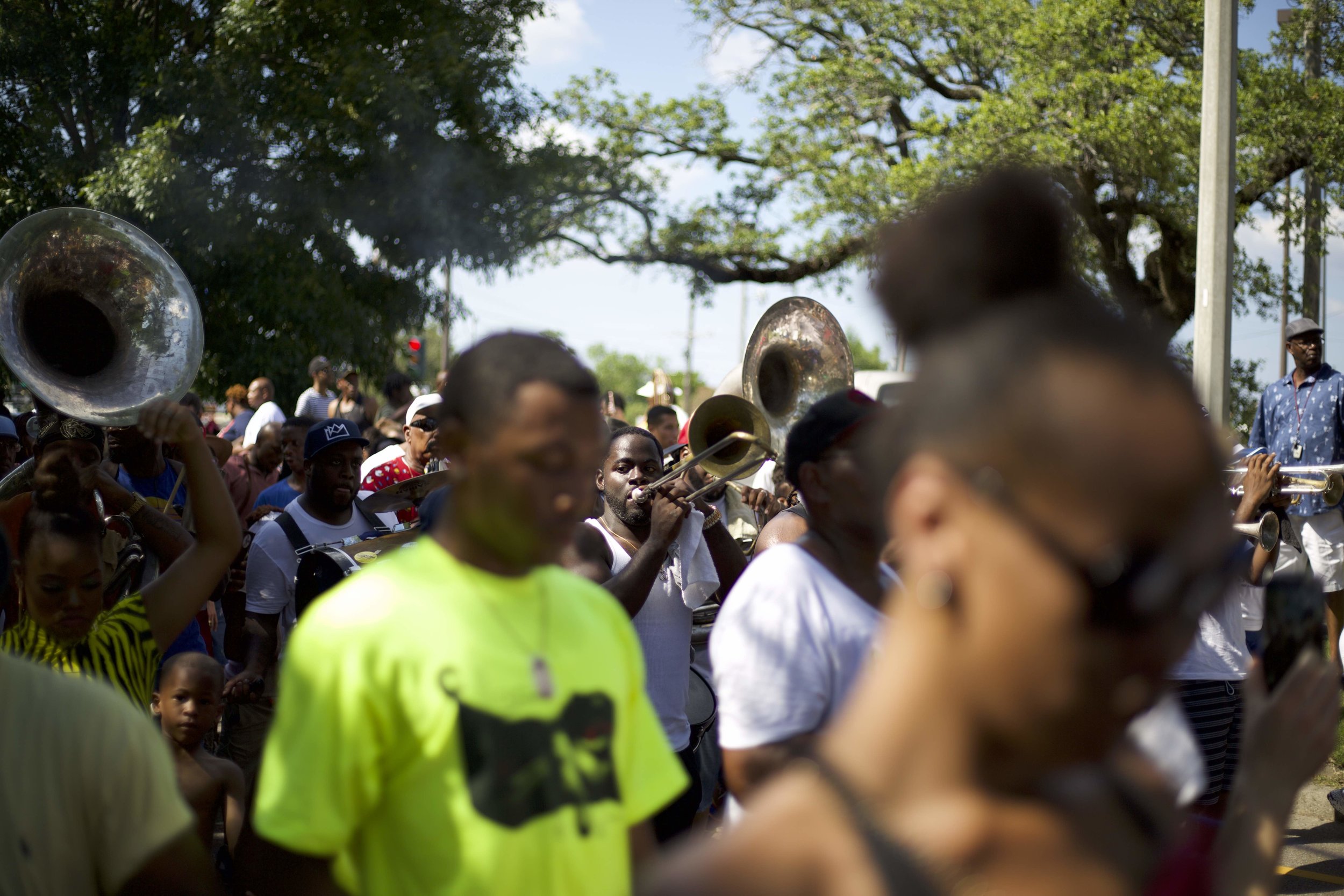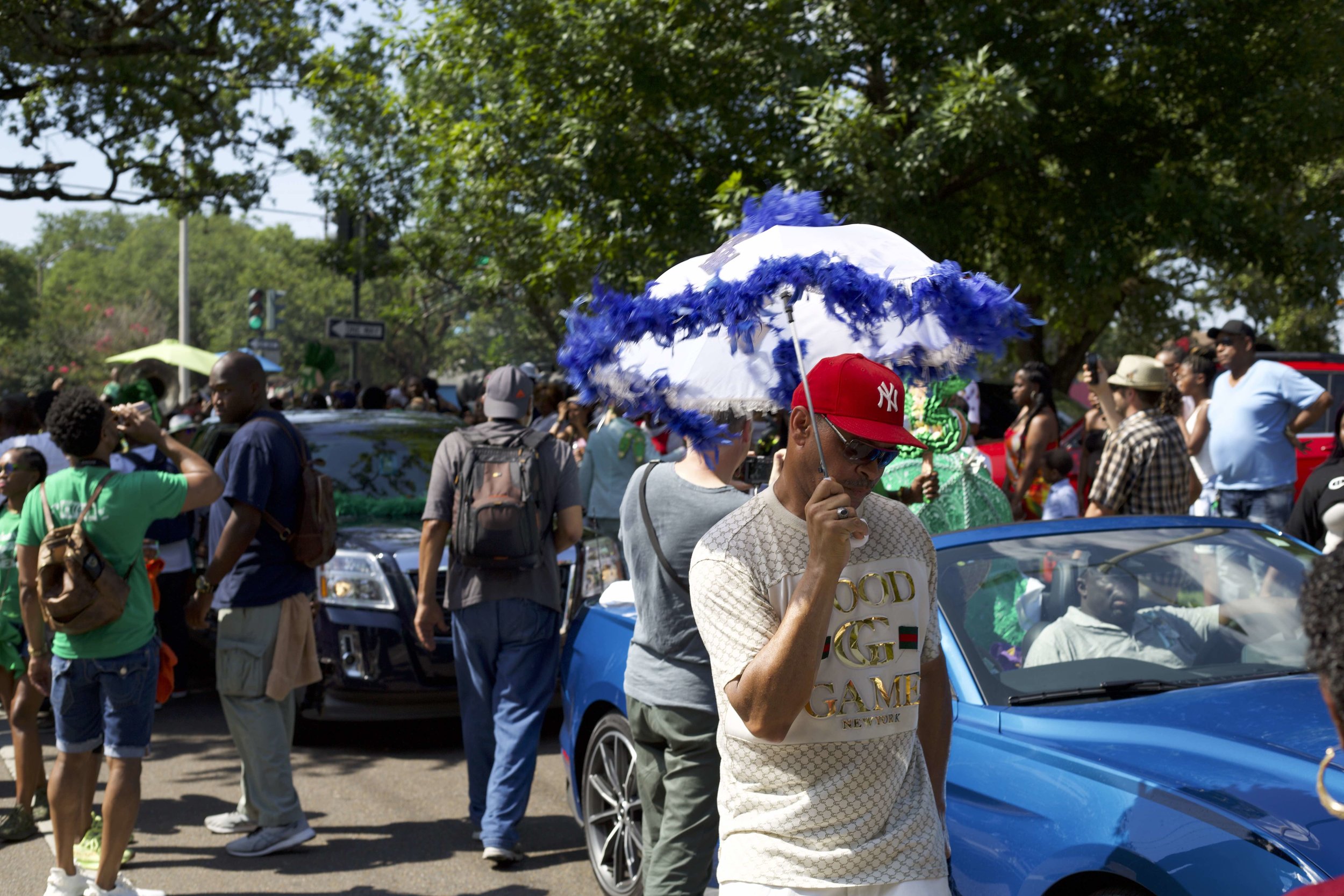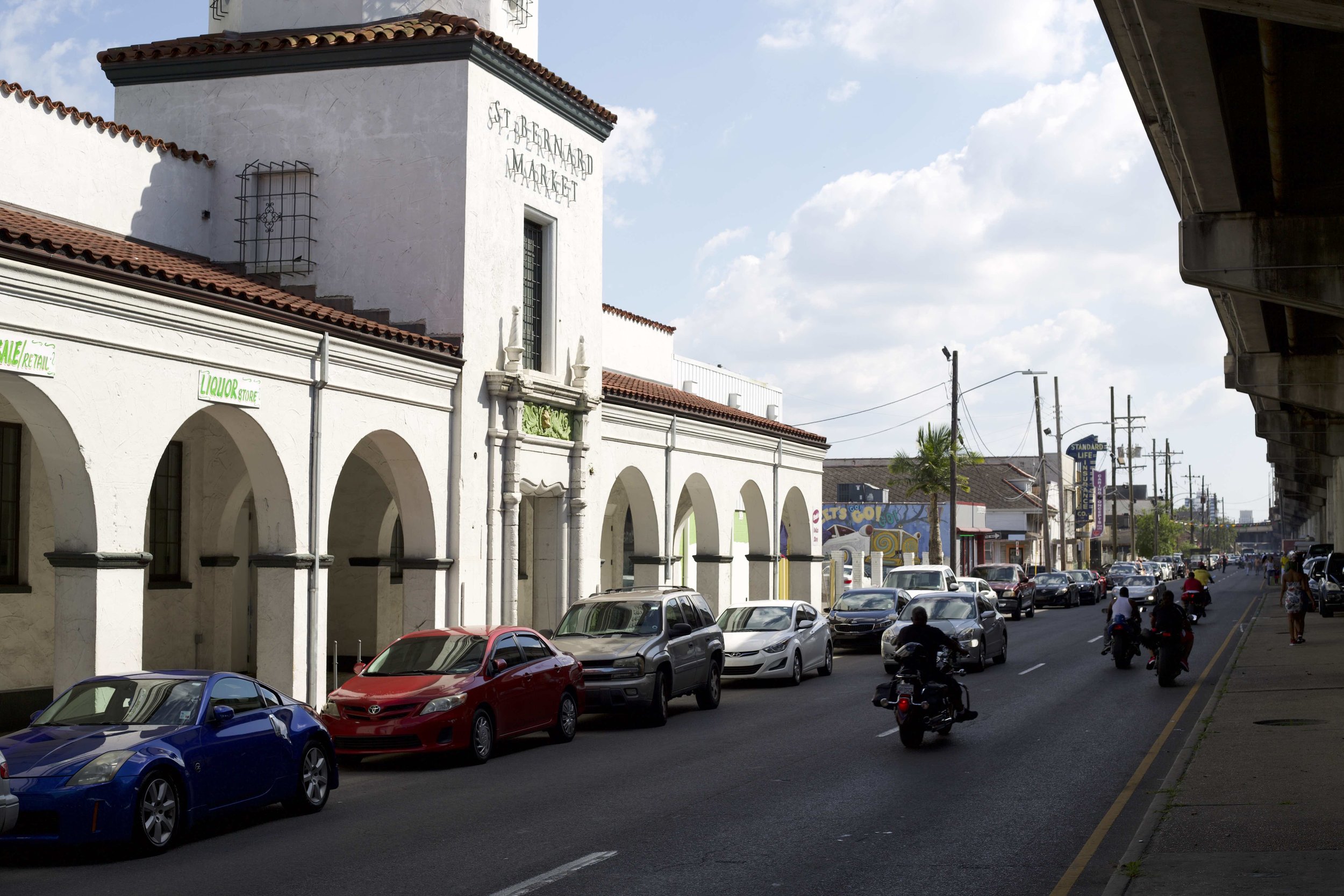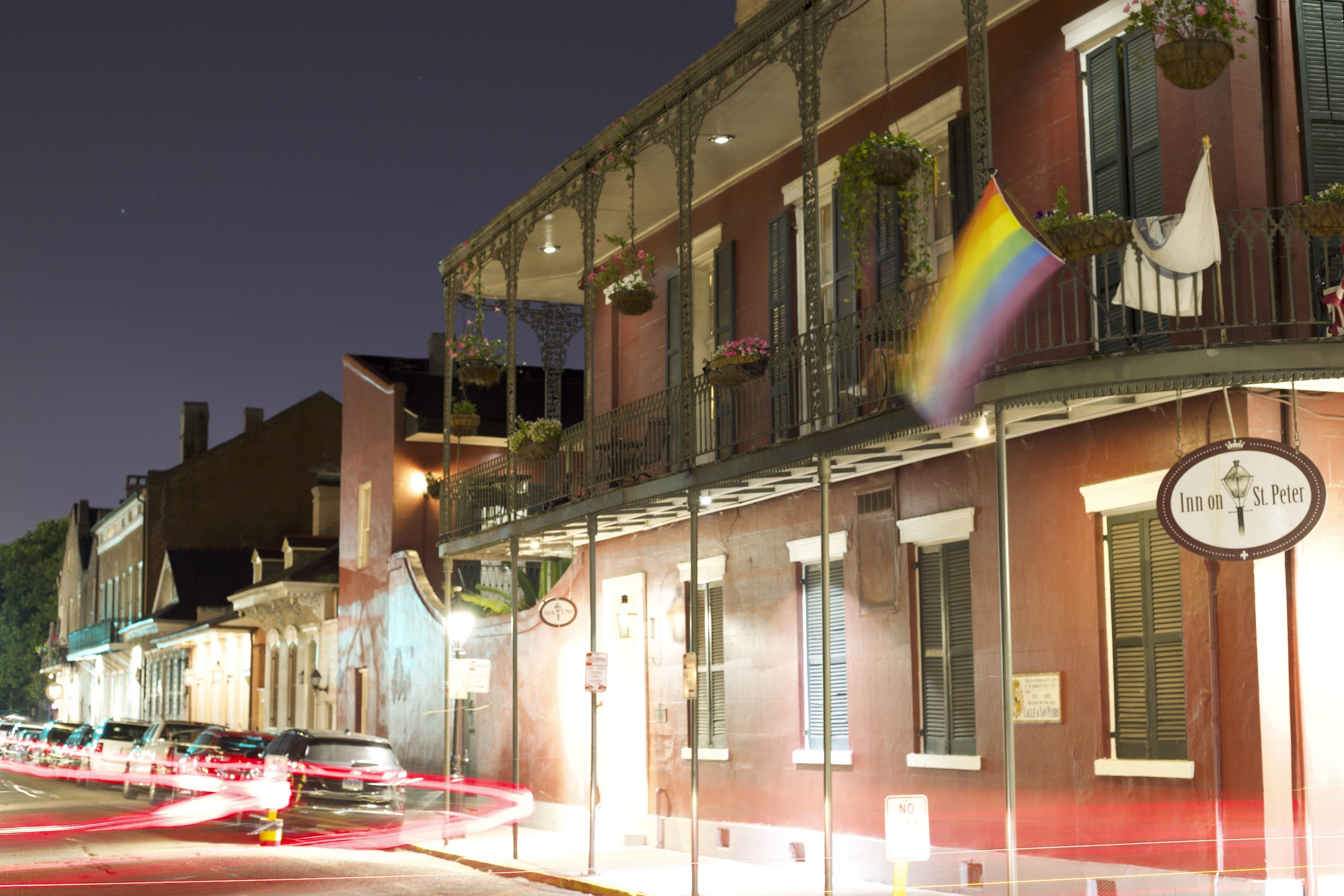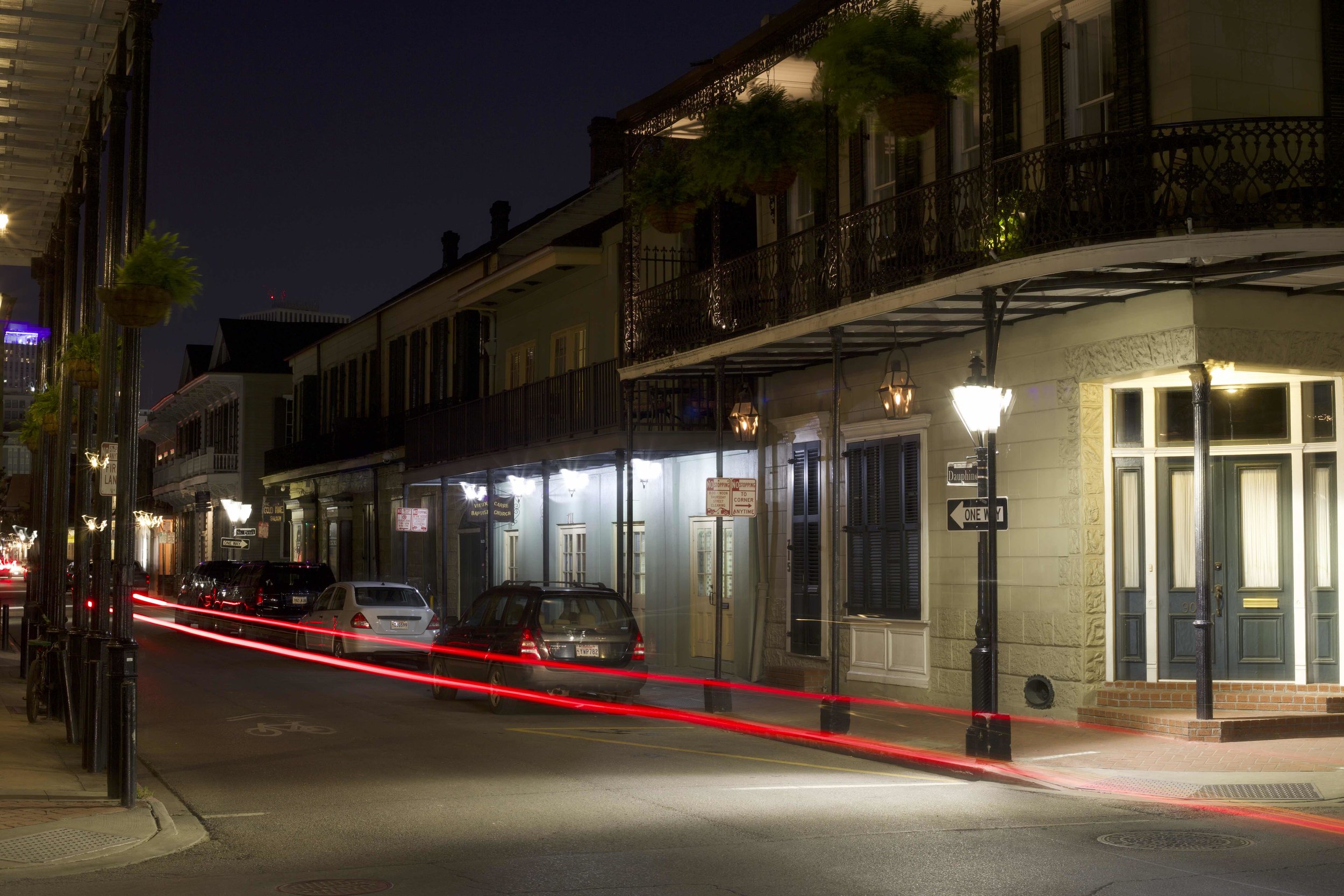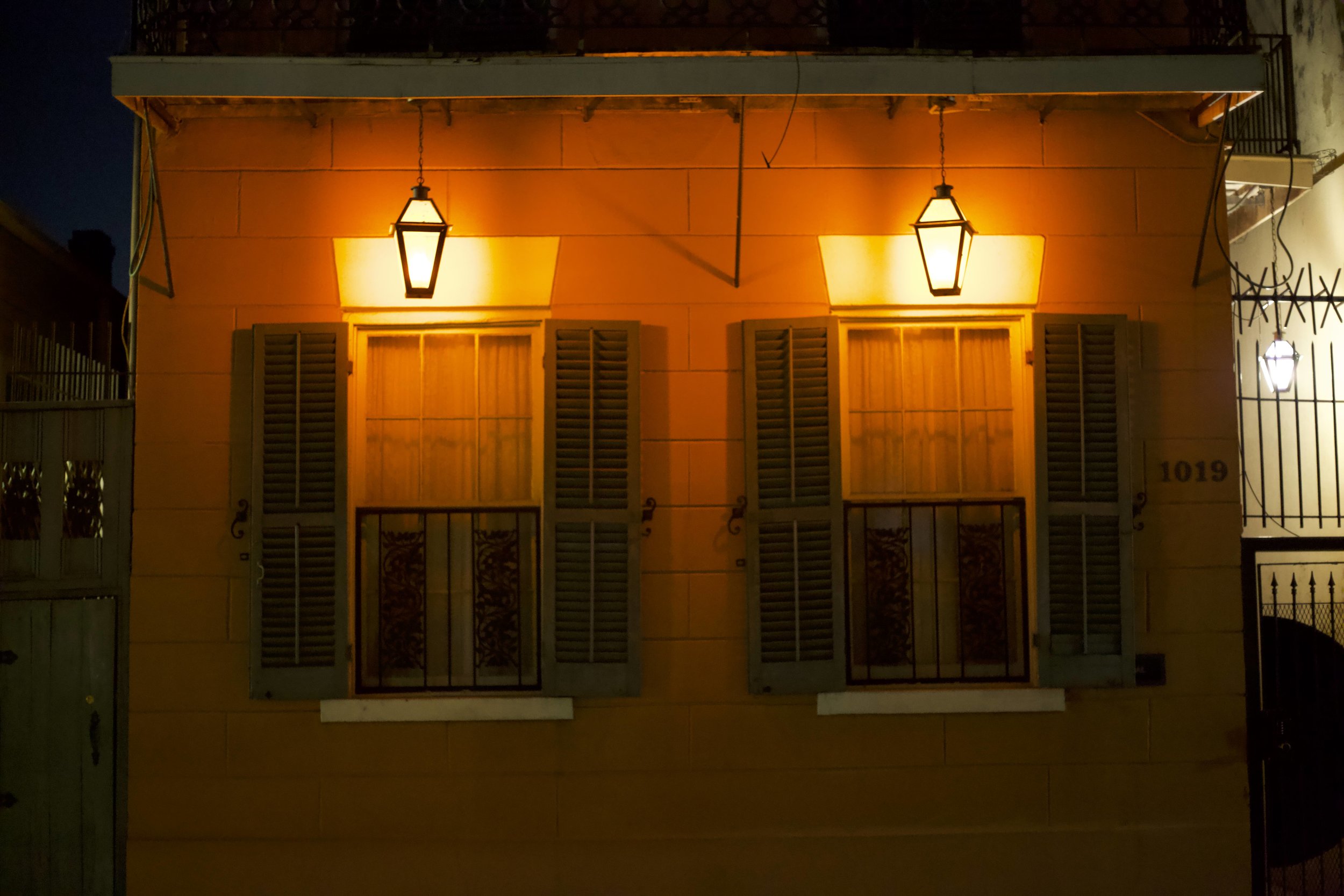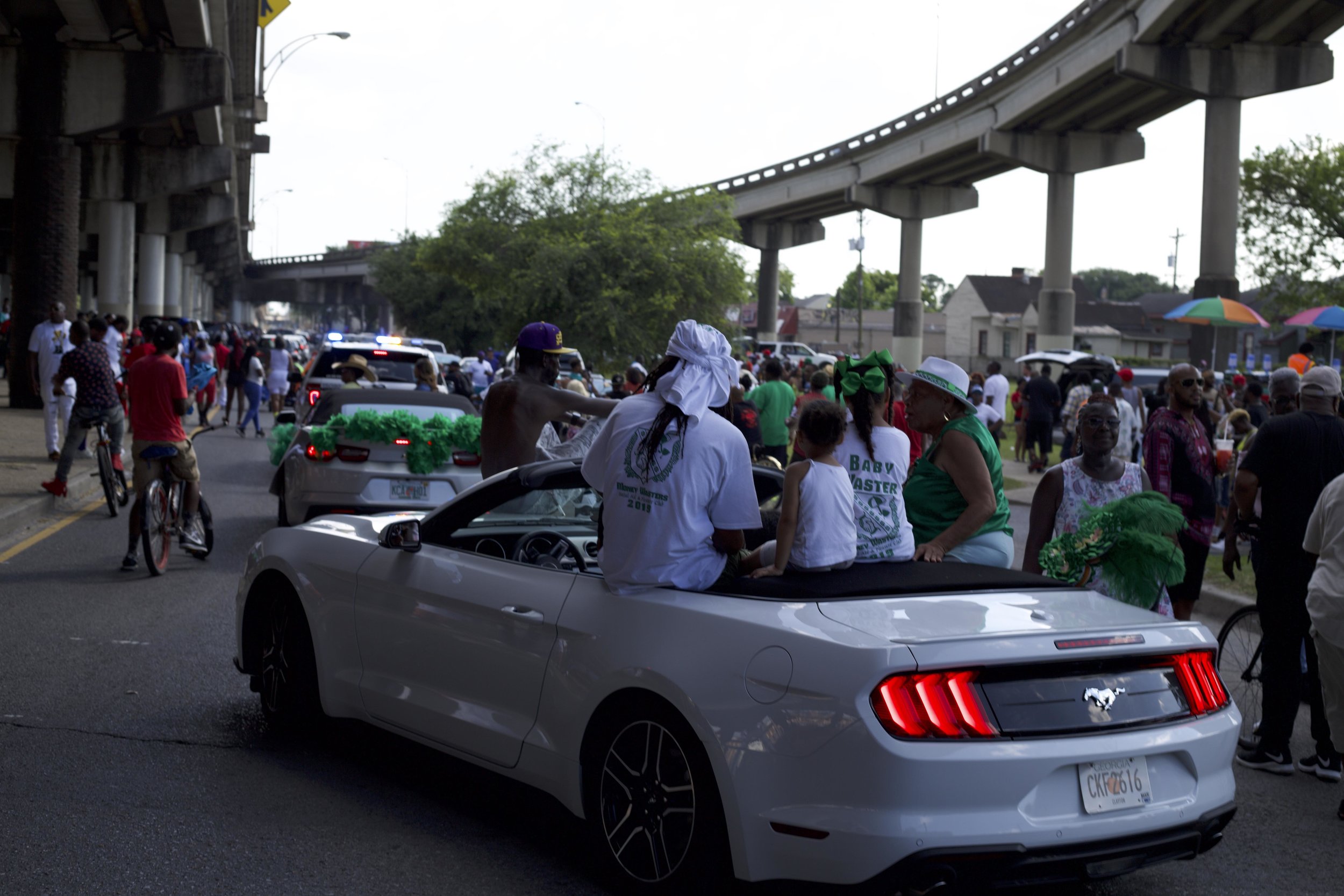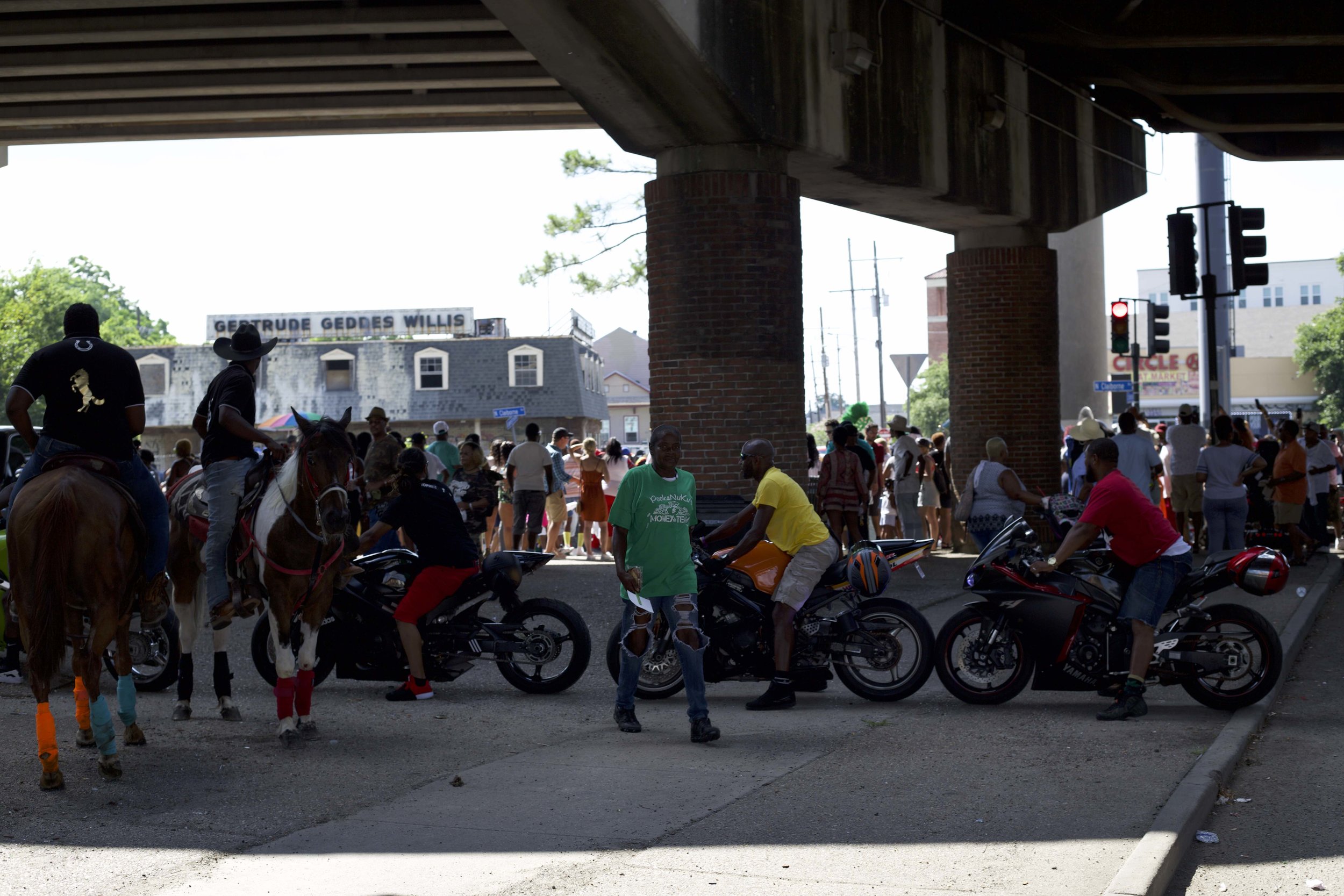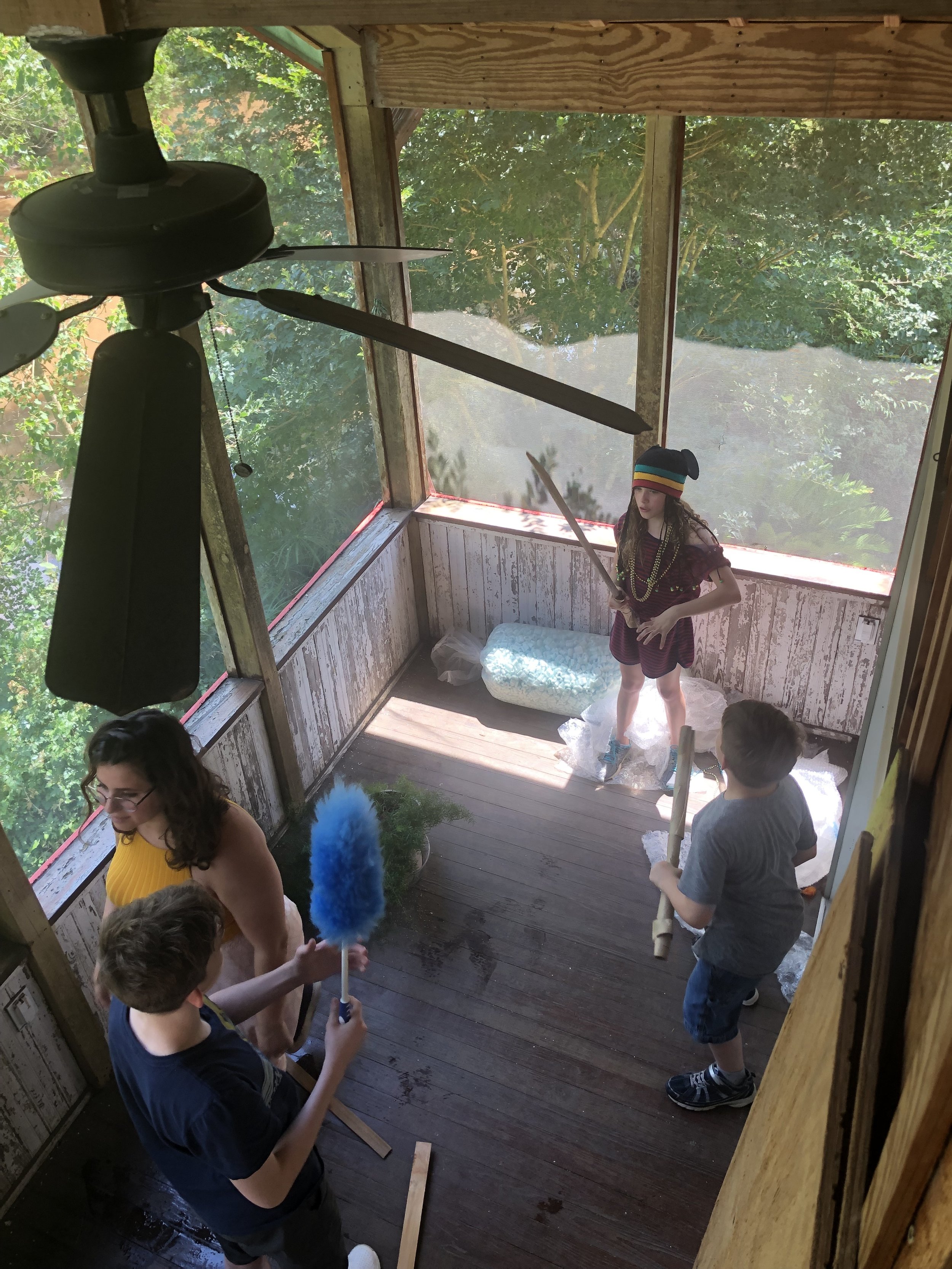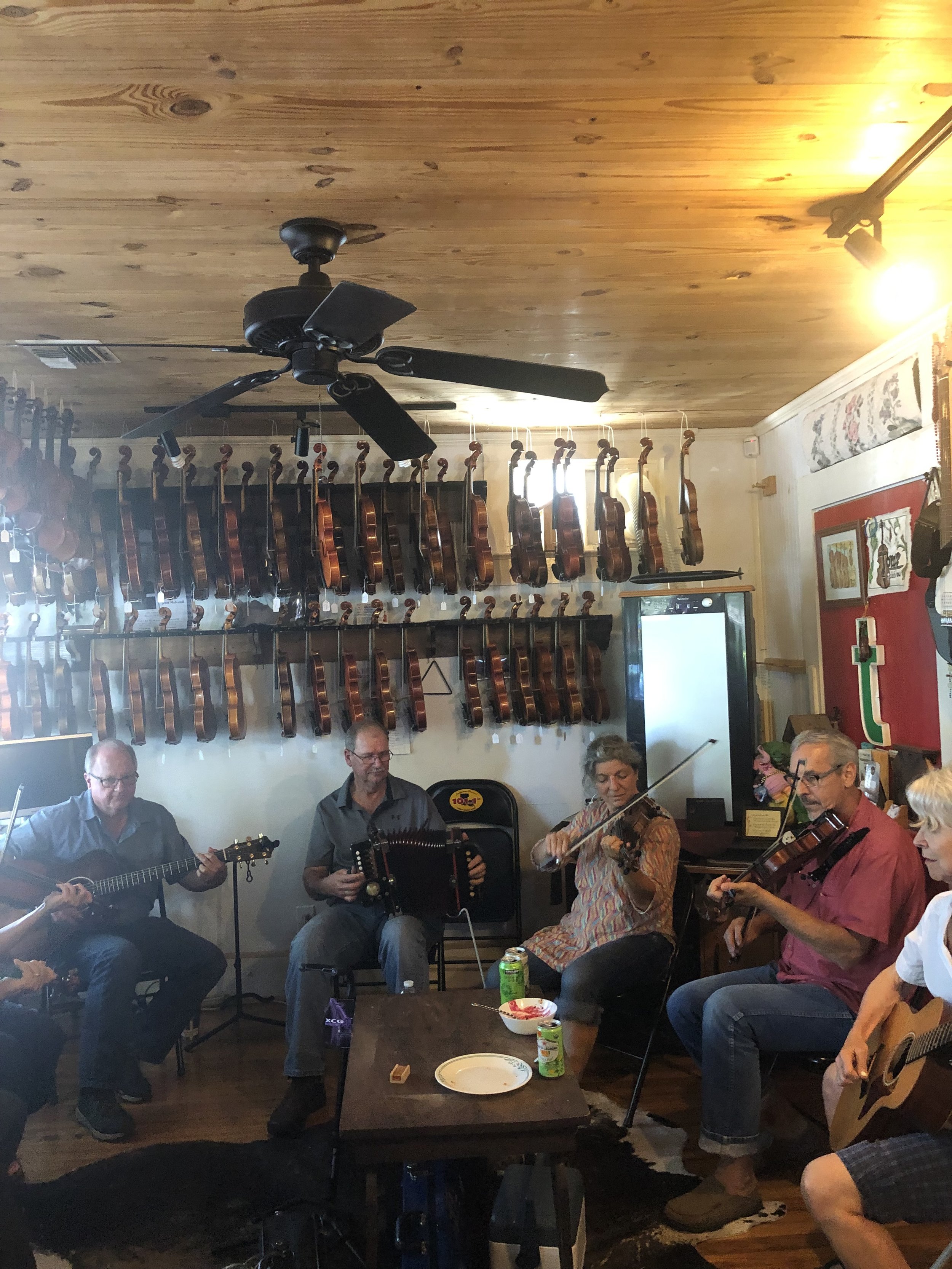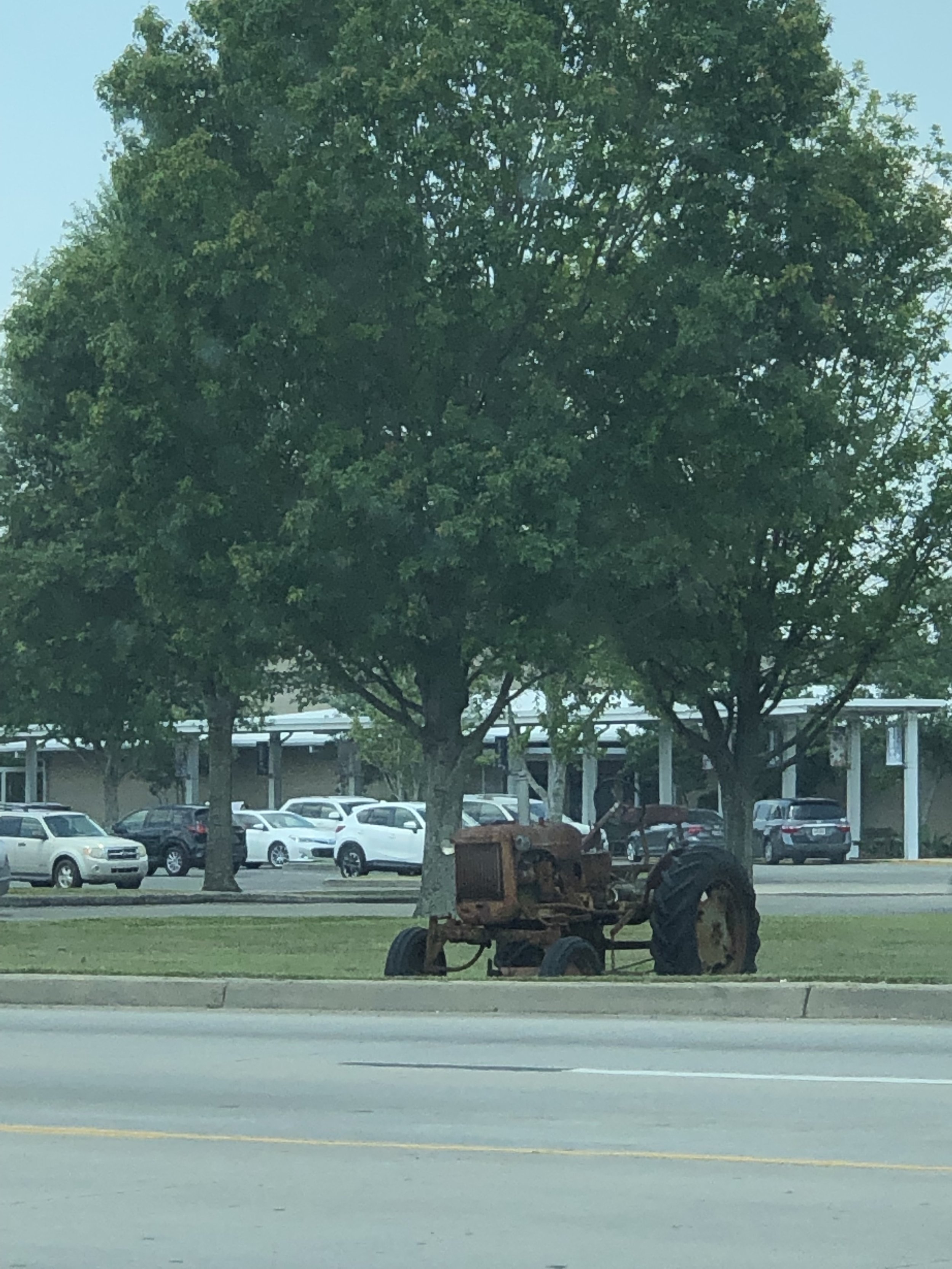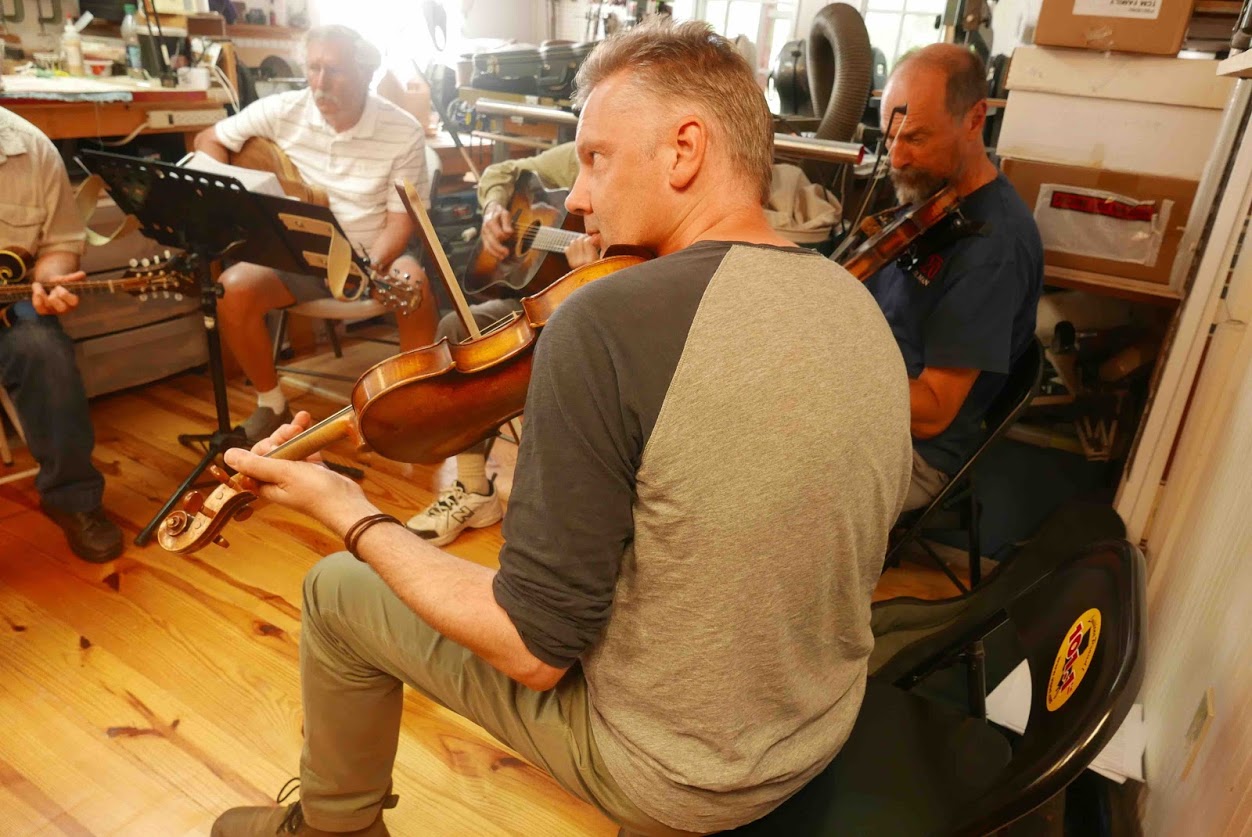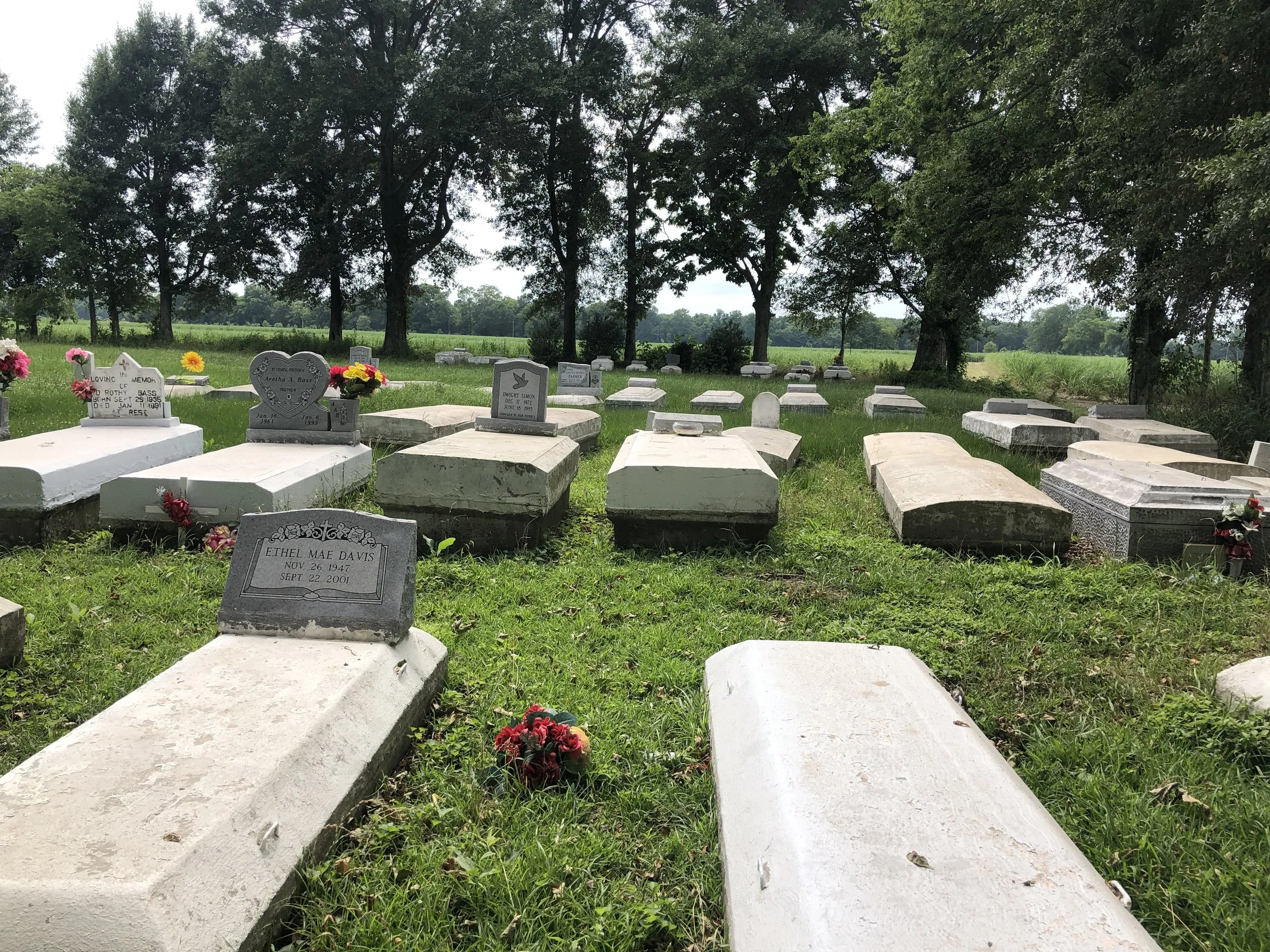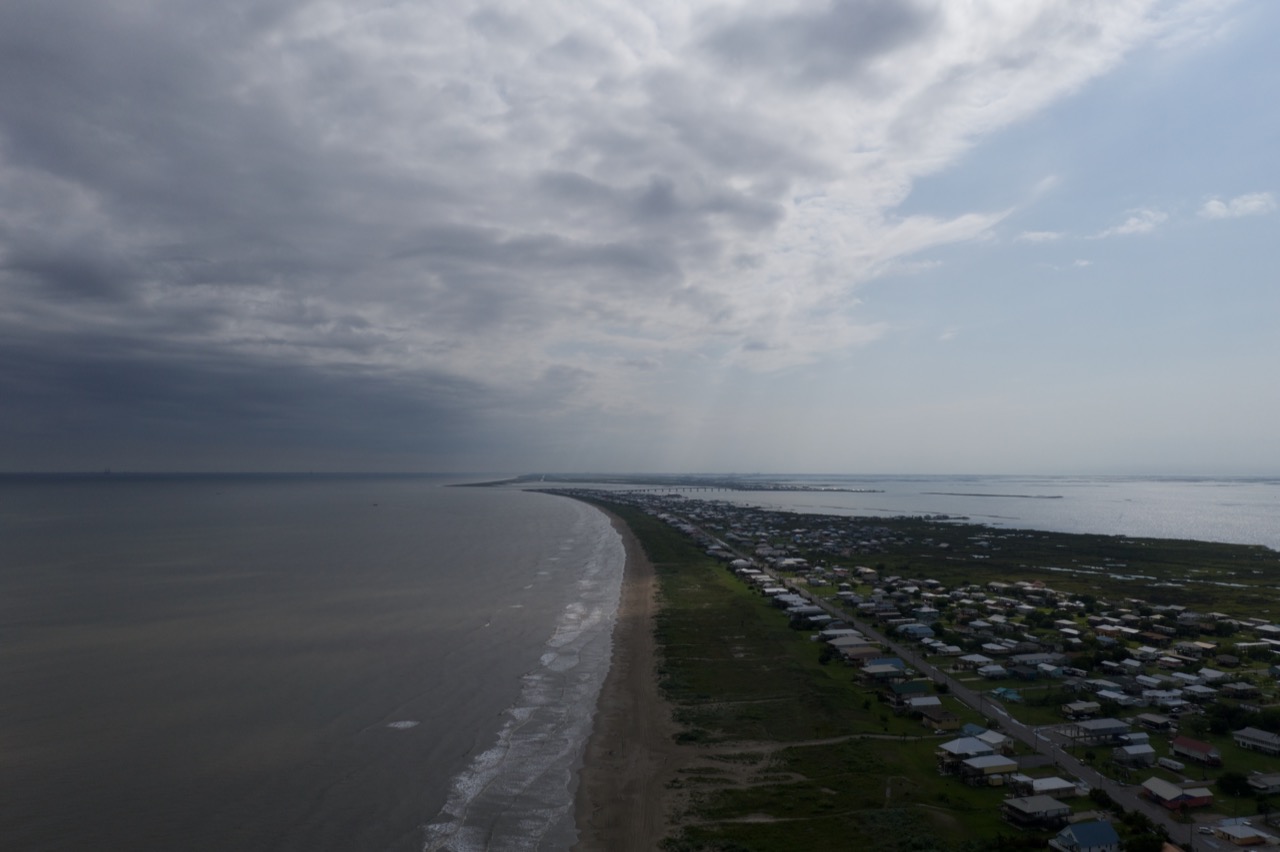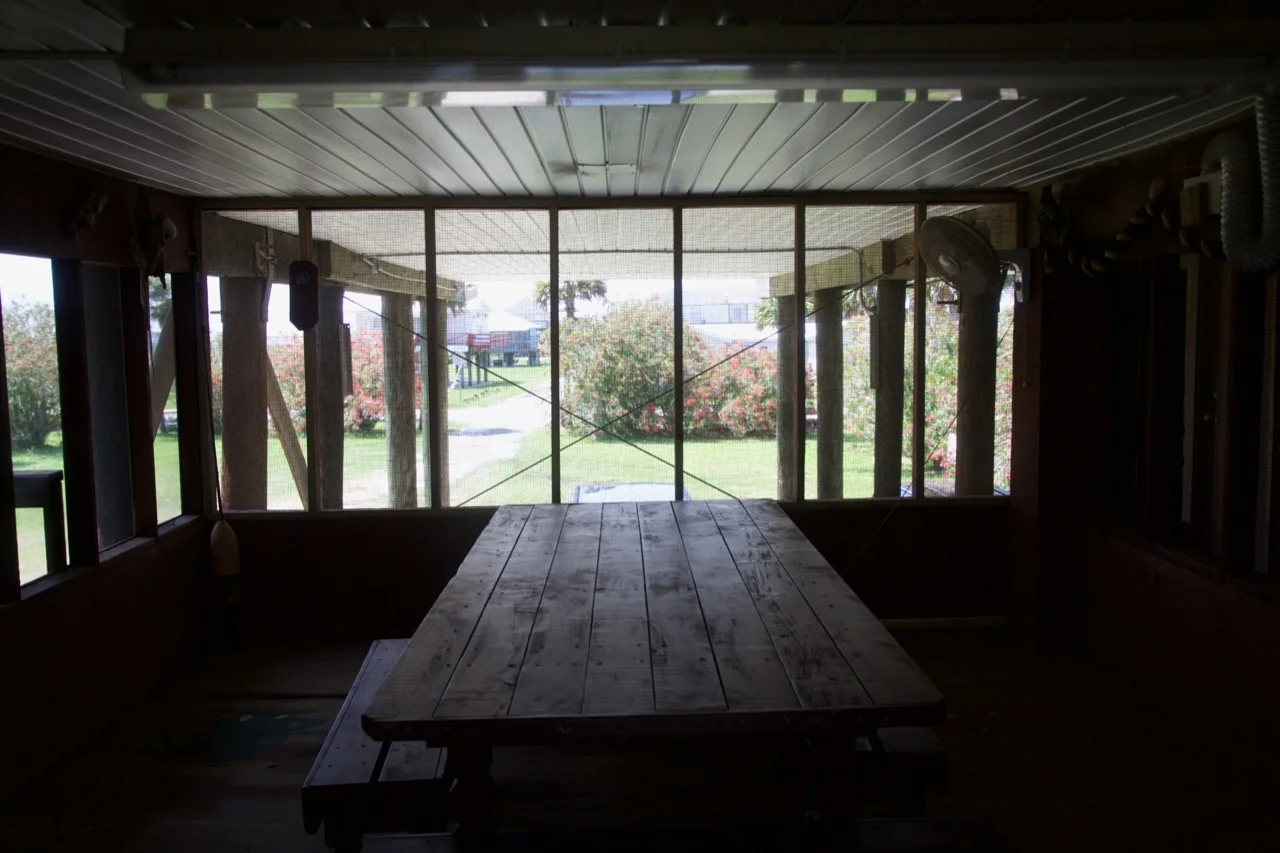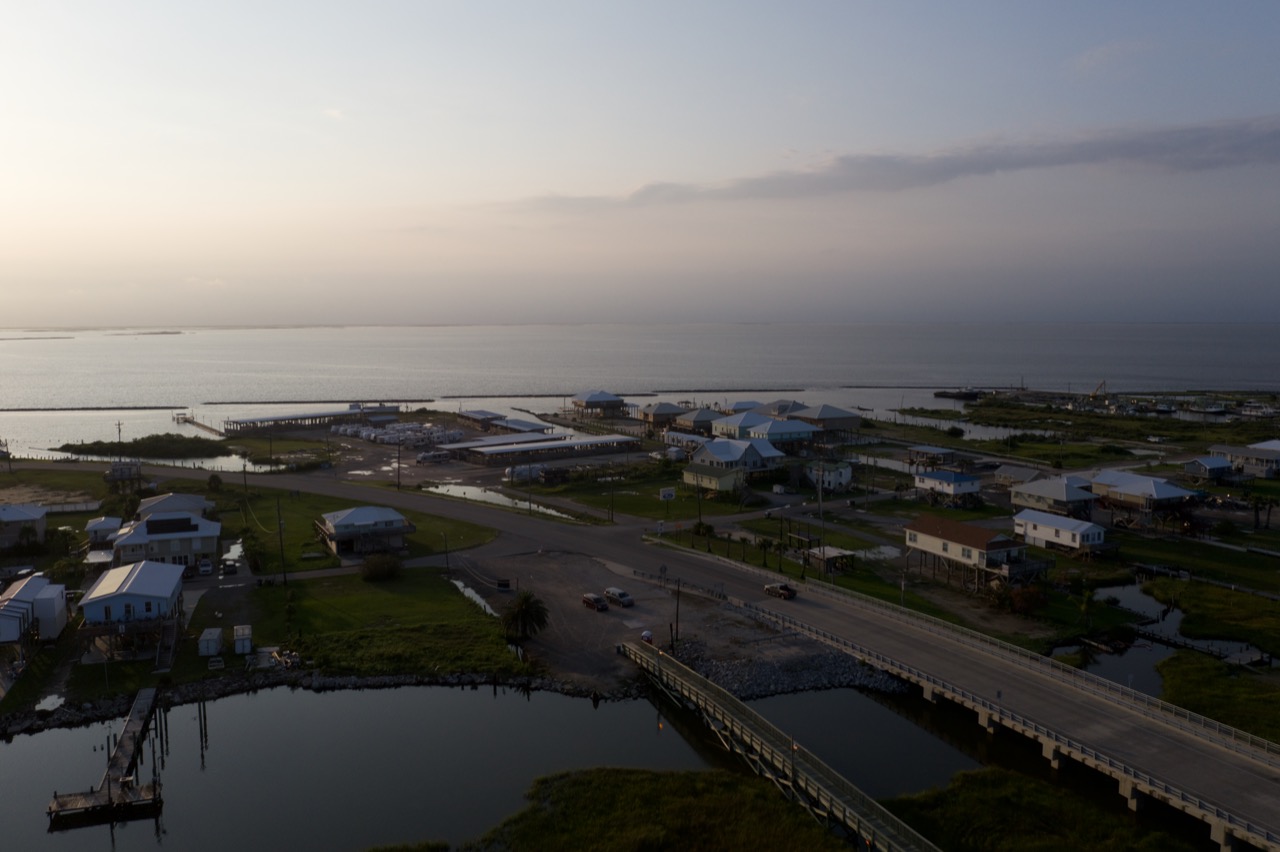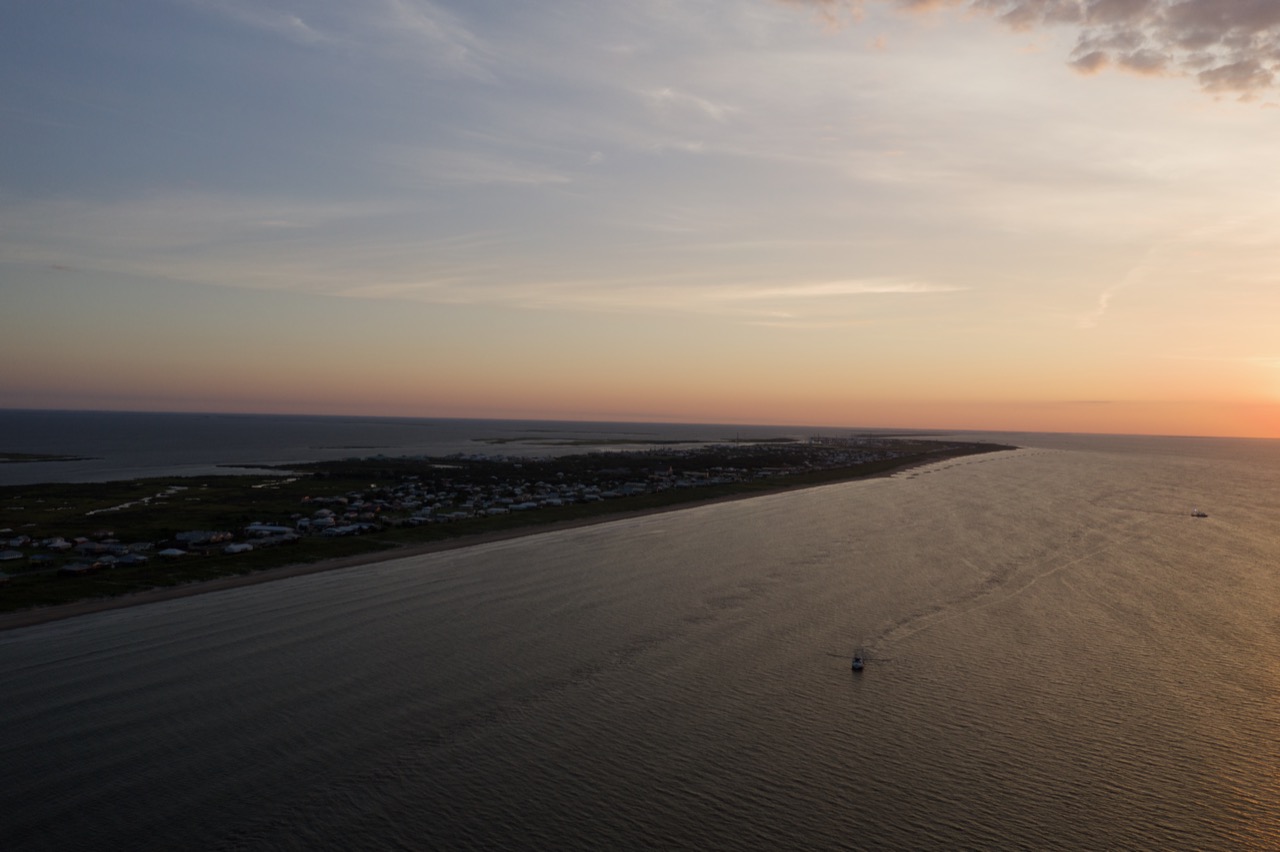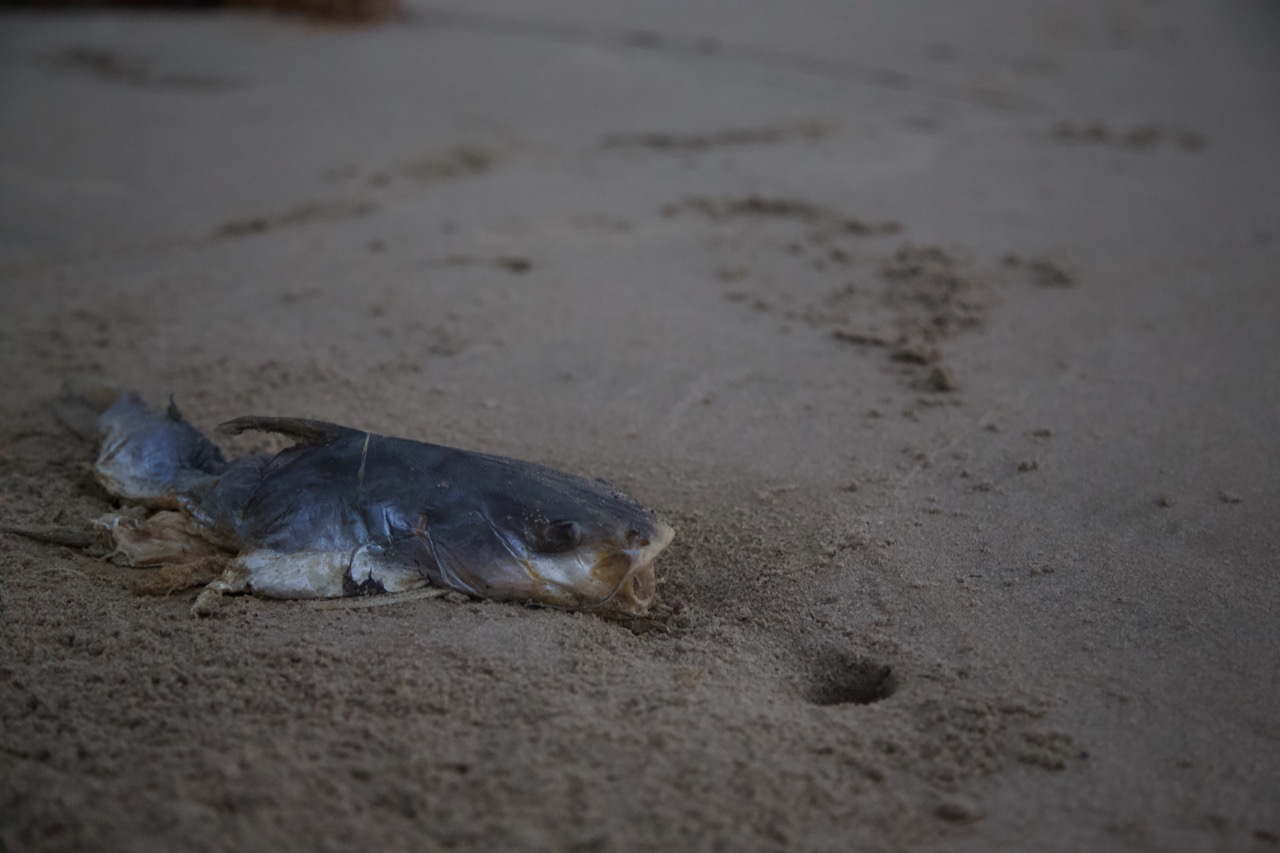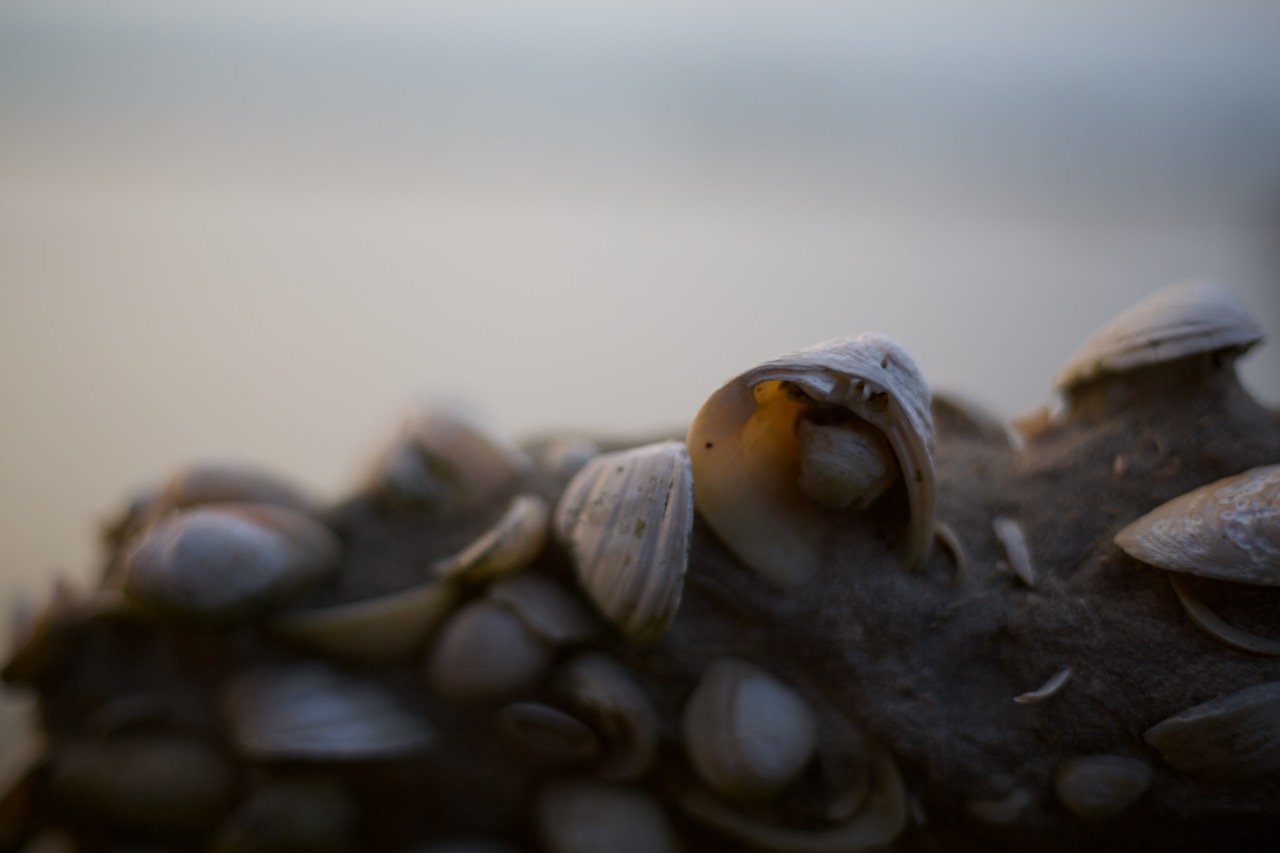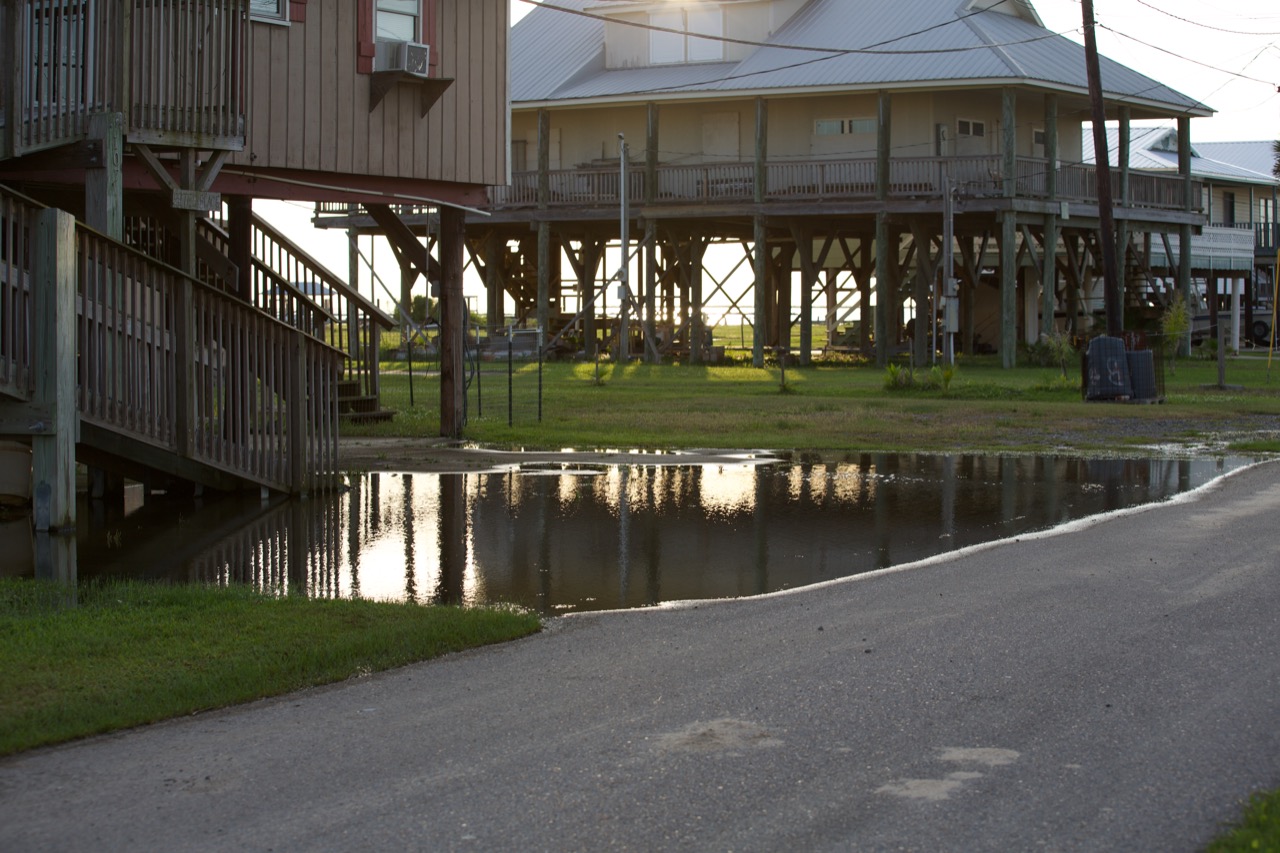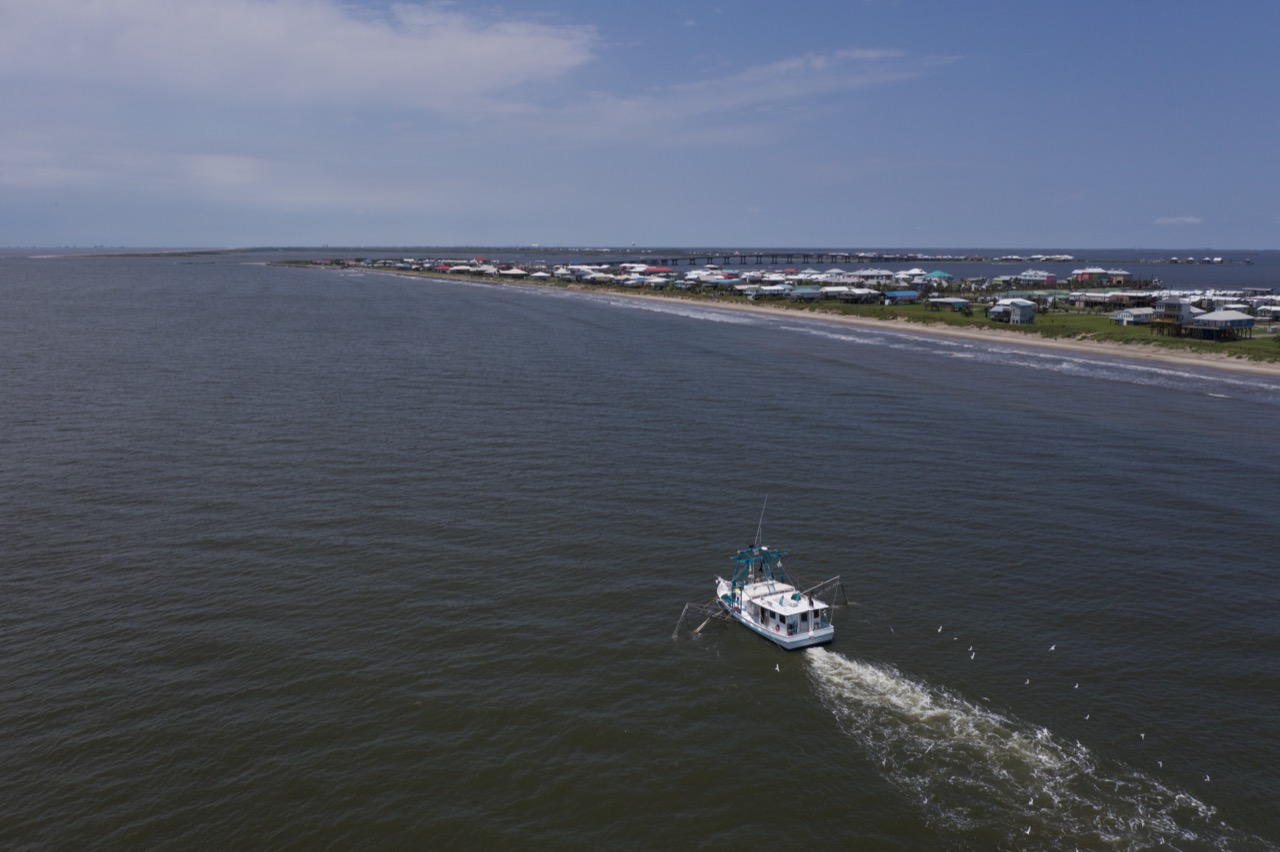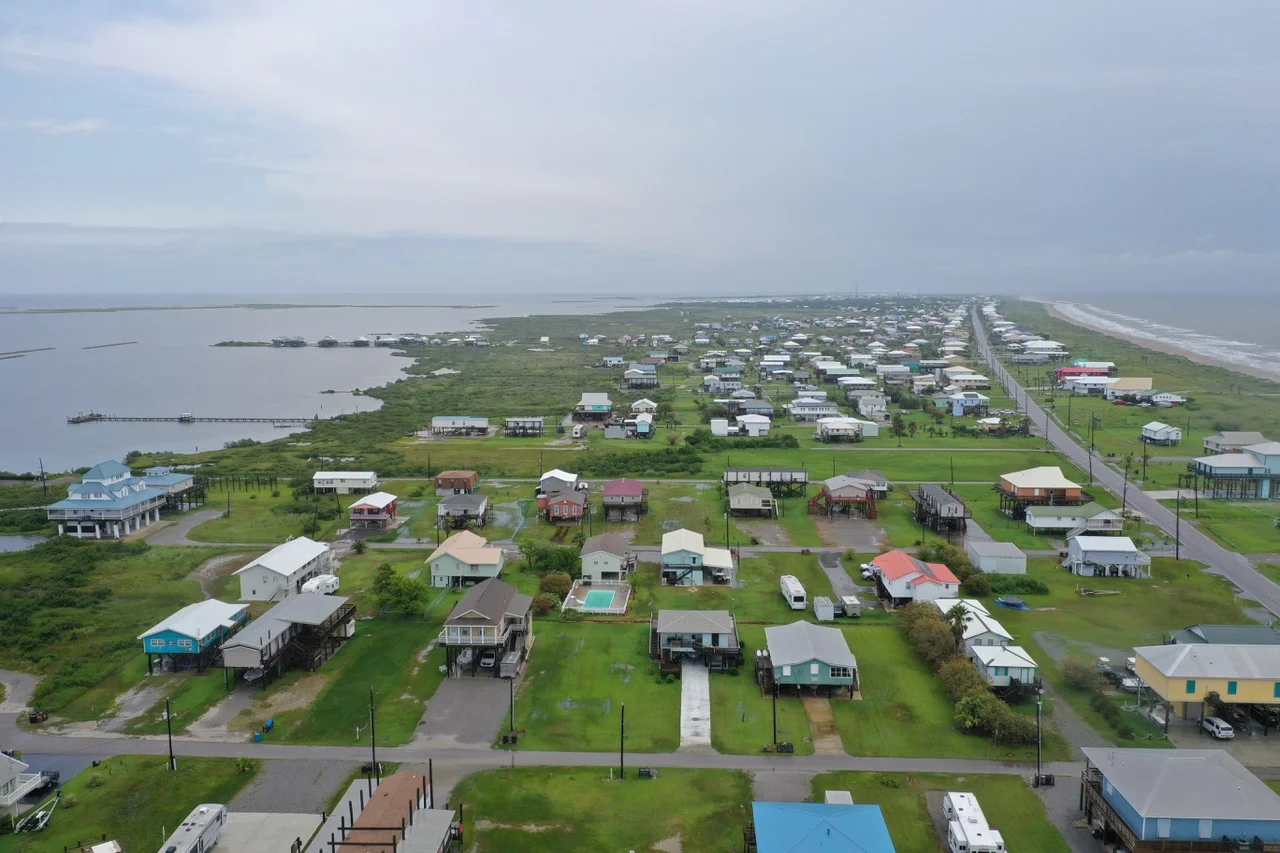The landscapes were unbelievable. I learned how to put together a video I am proud of. The city of New Orleans was disgusting, beautiful, magical, nostalgic, and many other words. The books were well chosen. The experiences are memorable. Each day was well planned. The humidity was exhausting and I took a long nap most days. All these I will take with me, but the one thing I will miss the most is waking up every morning and finding these amazing people to bond with.
We didn’t get as much done as we should have but each and every one of my classmates were such a joy.
If you can, take the time to bookpack. There is nothing quite like reading where you are. You will also feel very accomplished to get so much reading done while you travel. I would like to give you some experiences I had that I could never have had without being in New Orleans in this very moment.
Confederacy of Dunces-I could never have explored Bourbon Street and seen the licensiousness of the people living here and the visitors. A local waitress we got to know is opening a strip club for old people in her free time. There is just this sense of crazy, kooky, wild existence filled with inebriation and adventures similar to the journeys of Ignatius. Little episodes you would never see in Los Angeles.
The Awakening-Made me consider the impact we have on the environment and the freeing effect warm weather can have on the mind and body. Edna was freed by the environment and became introspective, fleeing the busy grind we all live.
Interview with a Vampire-gave me a real sense of the historical development of New Orleans. I considered what life would be like if I was immortal. Would you pursue a life of lust and greed and earthly pleasures or tackle long term philosophical existence of the supernatural. I did not finish the novel but it did give me goosebumps imagining vampires lurking in the ill lit quarters of New Orleans.
Coming Through Slaughter-I got to see what a Second Line Parade was like. Reading the book, I envisioned Bolden breaking out of neatly organized rows. But the Parade is a mass of people and music. Descriptions of events in books pale in comparison to real life events they are based on. And I got to see a film at the Prytania theater about Buddy Bolden, very well shot!
Moviegoer-was an experience reading for a second time. Being around a group of thoughtful people, all in college on the edge of careers I questioned my life and what I put in my notebook was:
What if you had to write a bucket list of what you want to do in life? Are you an outsider? Do you fit in? Do you want to fit in?
With life and death, what do you really believe in? You should know your ambitions, yet the fragility of life remains.
A Lesson Before Dying is my favorite book of the course. I got to meet the author and I felt I truly found a little point about looking and not seeing that I enjoyed exploring that concept. In a moment of looking but not seeing, I almost got hit by a car here in New Orleans. That gave me some perspective on what really matters in life on my walk home.
Same Place, Same Things-I want to read more of the short stories. Going to Tom fiddle shop, we got to see the vitality of the community. Everyone came once a month to be together. Grandkids from Alabama were running around. The reaction by the community towards the Texan makes sense now that I see how close everyone is.
Thank you for reading along. Thank you to my classmates for making this time fun. Thank you, Andrew, for a truly amazing experience bookpacking and I’m excited to explore America’s novels more in depth.
